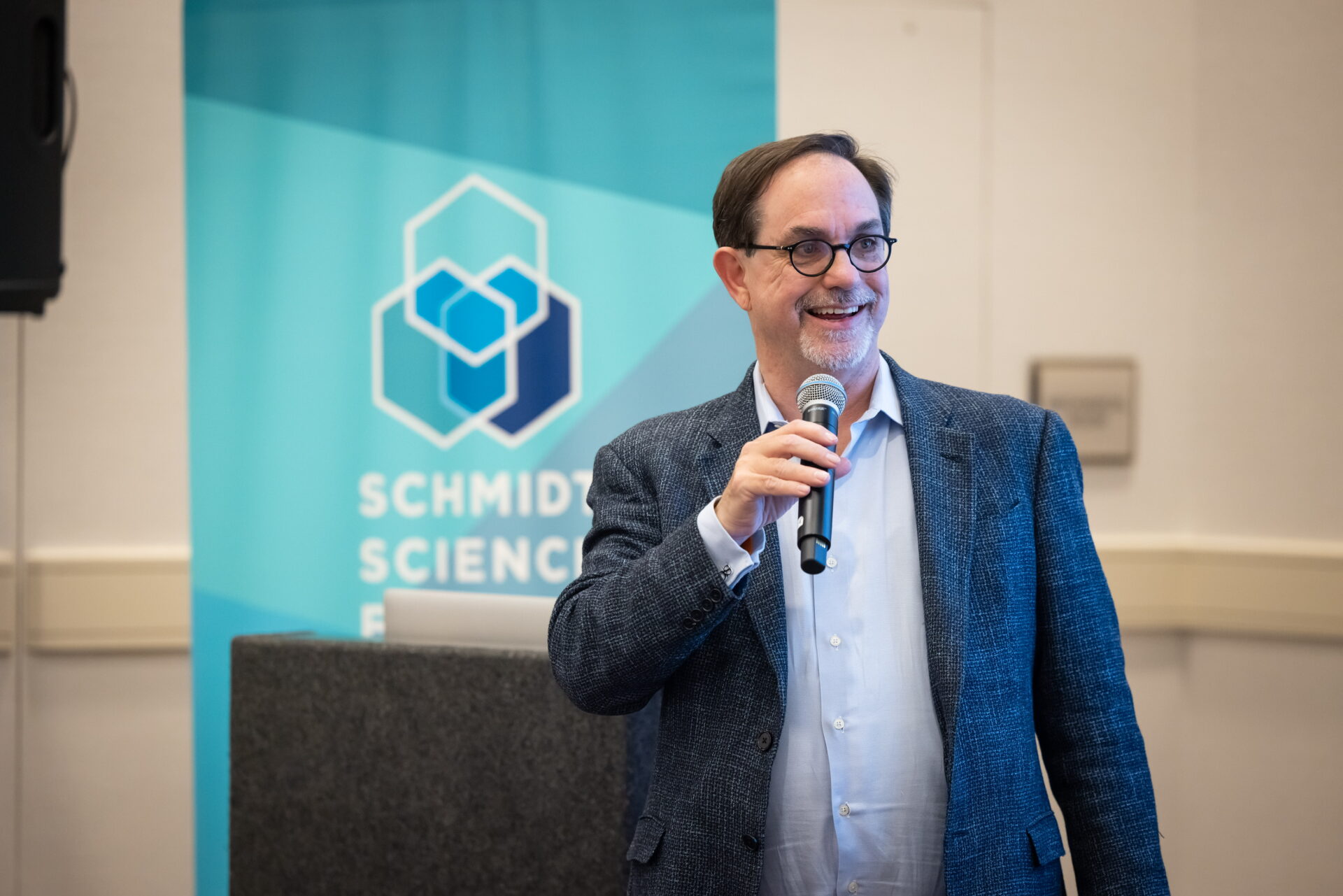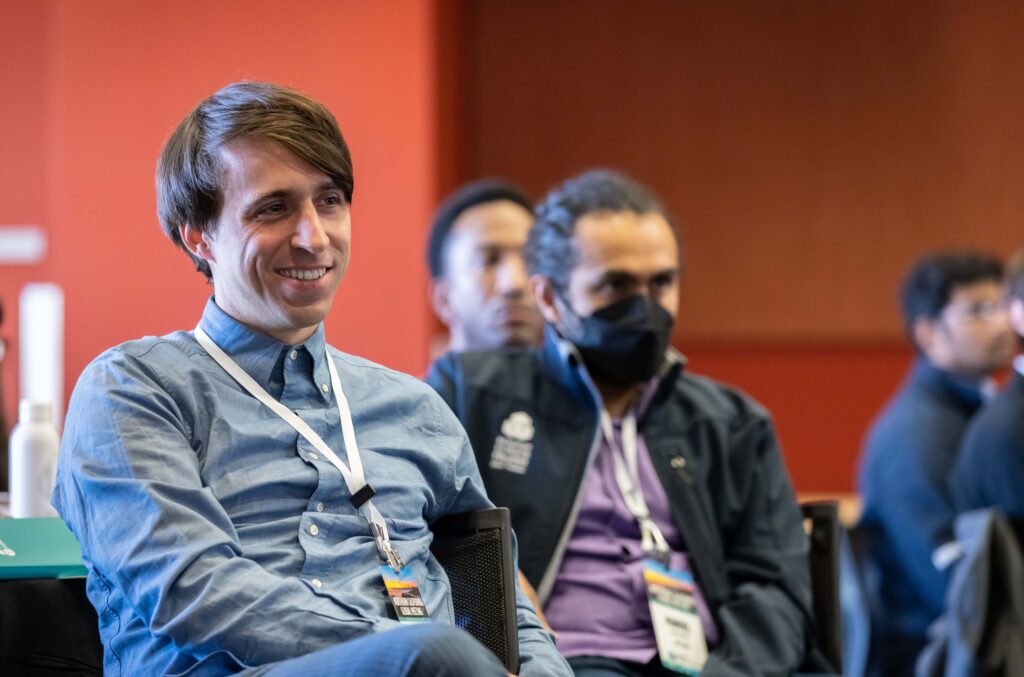In the first of a new series showcasing the themes of our Science Leadership Program, leading author, coach and trainer JD Schramm talks effective communication, and why it is critical to leadership and a “super power” in ensuring science can address the global challenges we face. He has supported our Science Leadership Program from its inception.
Leadership is Communication…and Why That Matters in Science
JD Schramm
For years I’ve taught a very simple formula at the beginning of my courses in communication. It’s a simple math like formula:

And by the transitive property of addition, this formula then must also be true:

Okay, even I can admit that it’s a bit cheeky, but it’s memorable for those I’ve taught. Sometimes many years later former students will reach back out to me and tell me that they now understand what I mean.
Invariably when I’m told somebody has a leadership issue, it’s likely also a communication issue. People are not following the leader because they do not understand them, agree with them, or trust them.
All of those are likely communication issues. And, as you can already see, when a leader is described as having “communication issues” it’s unlikely that others are following them. They are, quite simply, not leading.
While I began using this formula in the courses I created and taught at Stanford’s Graduate School of Business, over the years I’ve come to see this message is even more crucial for the scientific community.
Each year since 2018 I’ve had the privilege to interact with the Schmidt Science Fellows, a cohort of truly rising stars in a wide range of STEM fields.
My primary task is to help them understand the basics of an investor pitch so they can secure outside funding to support their innovations and research.
My greater goal is to help these brilliant scientists see that effective communication can become their super power.
It’s not just a “nice to have” like being a good teacher when you are up for tenure review, it’s a critical value for scientists today to become the thought leaders we need them to be.
Our planet is in a world of hurt right now from threats our predecessors never had to face. Yes, certainly climate change and COVID-19 have loomed large, but so are less visible threats to our health, quality of life, and well-being.
My greater goal is to help these brilliant scientists see that effective communication can become their super power.
In my view there are three sequential steps toward the solutions we need:
- We must attract talent to the sciences. Our best and brightest young people should be encouraged to explore the field and supported to find their place here. It’s not simply promoting the opportunities but mentoring those who show promise to enable them to thrive.
- We must empower our scientists to innovate radically, we don’t simply need incremental progress on these existential threats, we need out-of-the-box solutions never before considered.
- Our scientists must then communicate effectively to drive policy, discovery, and innovation. Only by using their voices with strength and credibility can we bring their solutions to life beyond the research lab.
The three-part punch of talent, innovation, and communication can bring about lasting solutions to our most vexing problems.
Analogous to a tripod, we need all three to be strong and present to realize these much-needed solutions.
Without our scientists also stepping up to acquire strong skills of leadership communication, promising ideas may flounder without support, or thrive in a purely “academic” environment, with little to no chance to make an impact.
The Schmidt Science Fellows approach does exactly this. They identify promising talent, empower them to push the envelope with skills in innovation, and train them to communicate their breakthroughs in a clear, compelling, and confident manner. It brings me hope to support such scientific leaders so early in their journey.
JD Schramm is a leading author and trainer and led the communications curriculum at Stanford’s Graduate School of Business for 13 years. He has supported our Science Leadership Program from its inception.
Our Science Leadership Program (SLP) is at the core of the Fellowship experience. It supports our Fellows to develop the skills, experience, and networks necessary to become the next generation of science leaders, building a global community to enrich and amplify their work.



